
Personal finance
“We couldn’t get on the pitch – there were loads of men playing. The girls were so disappointed.”
15th May 2024
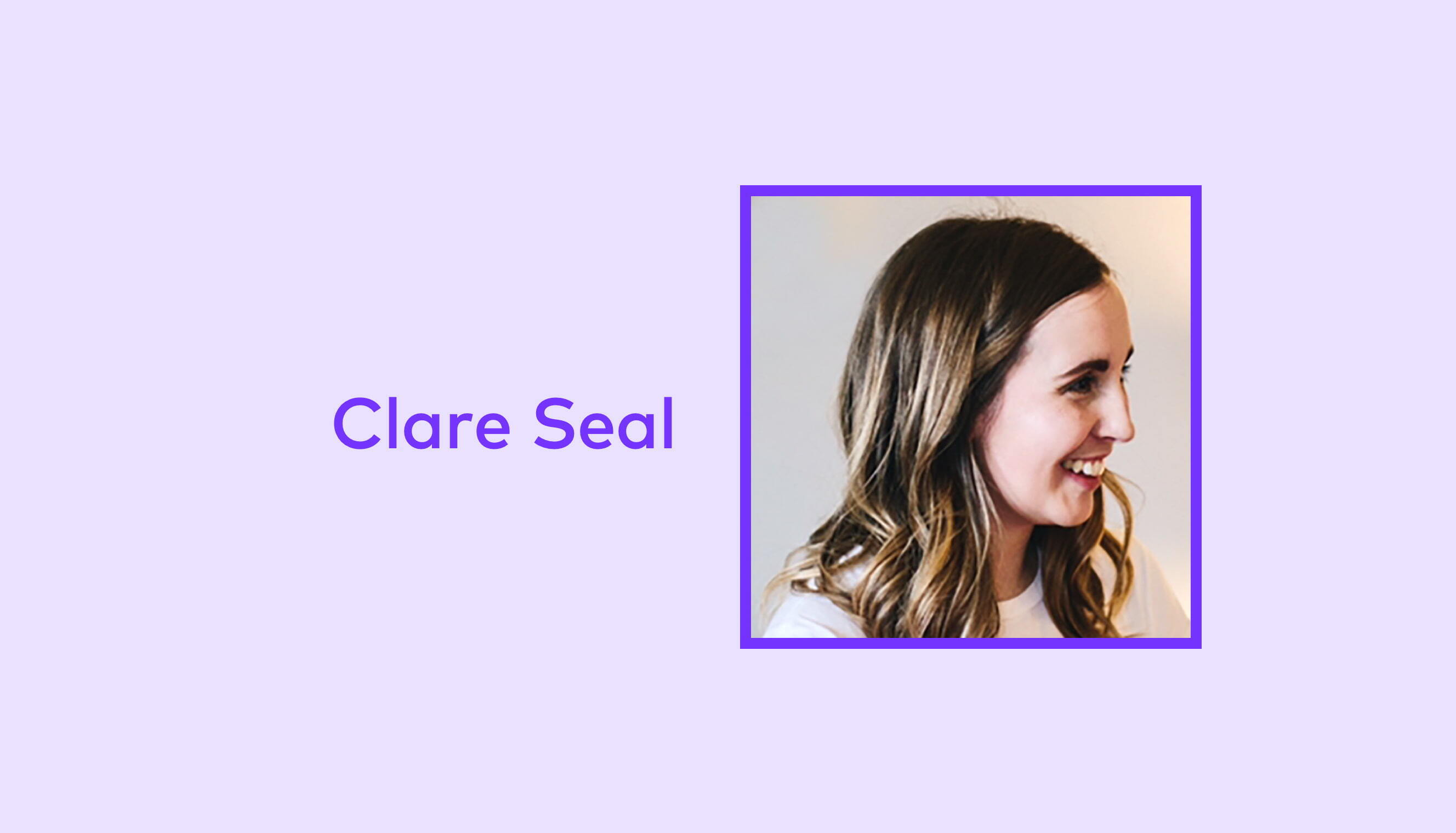
Clare Seal was over £27,000 in debt when she decided to truly confront the issue. She turned to Instagram to help make herself more accountable, posting anonymously with the account @myfrugalyear. Here, Clare shares her journey with us.
While talking about money in general seems to have become easier for Brits in recent years, we still tend to clam up when it comes to debt and financial difficulty. It’s understandable - losing control of your financial situation is something that can cause deep shame, and is often perceived as being an indication of character, rather than a result of circumstance.
With the coronavirus pandemic and fallout of lockdown pushing many people into uncharted financial territory, there is a danger that affected people will stop communicating and allow themselves to be dragged along by the current, rather than face their problems. But when it comes to money worries, the very worst thing to do is to keep them to yourself.
Nobody knows this better than me. In March of 2019, when I finally managed to drag my head out of the sand and face my financial demons, I had over £27,000 of credit card and overdraft debt, spread across several different accounts.
It had crept up, slowly at first and then more quickly, as my expectations about what life should be like outstripped my salary, with big life events like getting married and having children adding more financial pressure.
My relationship with money had been broken since I first ticked those boxes for a student account overdraft and credit card, and I had never learned how to budget or live within my means. In the end, I ran out of rope.
The turning point was a conversation with my bank about an unarranged overdraft, where I realised that the money I’d been juggling from account to account, desperately trying to plug an ever-increasing number of holes, had simply run out. I knew it was time for things to change - a make or break moment for my financial and emotional health.
Writing down my account balances and absorbing the total was one of the most terrifying things I’ve ever had to do. And unpicking the reasons why I had found myself in such a mess was painful, but it’s the best thing I ever did. Just over a year later, I have managed to reduce my debt by just over £16,000.
My repayments are now manageable, and as my balances have lowered, my mental health and emotional wellbeing have improved. I’m not yet debt free, but I finally have a healthy relationship with money, and am properly in control of my finances for the first time in my adult life.
It was by no means an overnight transformation, and there have been plenty of pitfalls along the way, but I’ve learned that this kind of progress is almost never linear, and the habits and coping mechanisms I’ve created will be with me forever.
At around the same time that I decided to face up to my debt and make a commitment to fixing my broken relationship with money, I set up an Instagram account, @myfrugalyear, to hold myself to account and track my progress.
I wasn’t expecting the things that I was posting - a combination of practical tips and insights about the emotional impact of debt - to resonate with so many people. But I quickly gained a large following, and realised just how many people are affected by these issues.
The relationship between me and the people who follow me is both valuable and symbiotic; I have always learned as much from them as they from me. In the beginning, it was through Instagram that I discovered apps for managing my budget, ways of tracking my progress and how to make peace with my financial situation while I was working on changing it.
I realised that one of the first things I needed to do was to identify where I had been overspending, and work out why it was. I wrote everything down, and connected the dots between how I had been feeling and how I’d been spending. To my surprise, when I looked back through past statements, I noticed that I was spending more when my balance was low; being worried about money was making me lose control of my spending. I realised that my shame and anxiety about my finances were actually perpetuating the situation, and that the only way to make things better was to let go of the shame so that I could think clearly, and talk about it more openly.
I started checking my balances every day. I opened a dialogue with my bank and creditors, speaking to them frequently to see if there was anything more I could do to improve my situation, and if there was anything that they could do to help me to reduce my balances.
It might feel like the scariest thing to do when money is tight, but staying in close communication with them helped to lessen the anxiety, and reassured me that I wasn’t going to receive any unexpected letters or texts. Depending on your individual situation, your bank might be able to offer you a better interest rate, allowing you to clear your debt more quickly.
I slowly started to talk about money with my friends and family, which helped to reduce the pressure to keep spending to keep up appearances. While I had previously found it so easy to downplay my money worries or to think of my debt as a problem to be solved at a later date, I was now not only keeping a monthly budget but tracking all of my expenses, and documenting when I felt the urge to overspend.
For many people, the journey out of debt can be a long one, so I’ve found that it’s important not to over budget. Where you can afford to, leave some room for enjoyment, otherwise you run the risk of becoming disheartened and veering off track. In my opinion, it’s much better to take things a little more slowly - both in order to prevent you from backsliding, but also so that you can enjoy life in the meantime.
It’s so easy to feel overwhelmed by even a small amount of debt, but in my experience, it’s really important not to let that deter you from getting the help that you need. Even if things are really tough, and even if the strictest budget won’t make the numbers add up, there is help available from places like Stepchange, Christians Against Poverty and The Money Advice Service, as well as your own bank.
The above article is intended as general information and does not constitute advice in any way. You should take independent advice if you have any questions about your specific circumstances.

Personal finance
15th May 2024
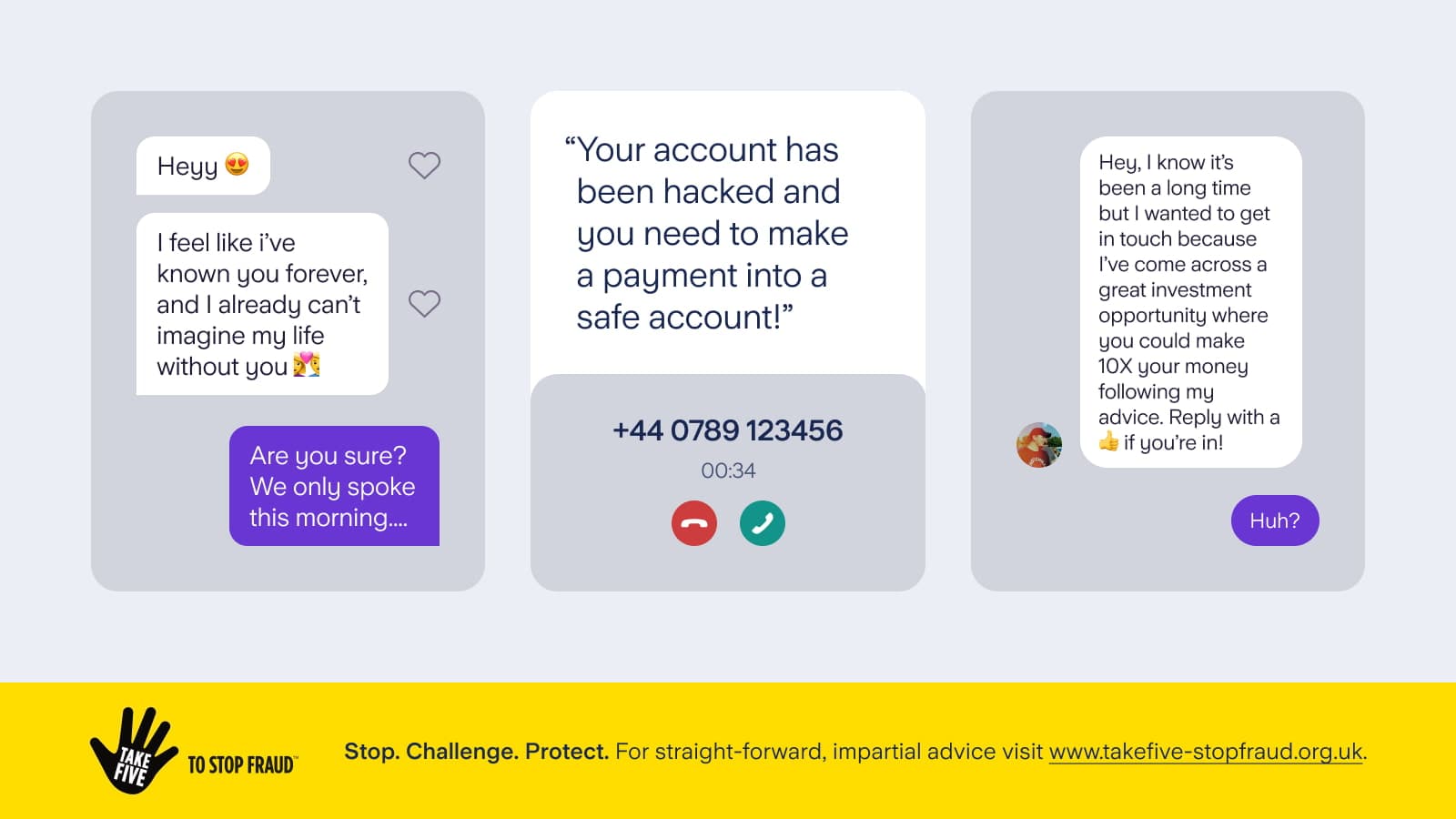
Personal finance
13th May 2024
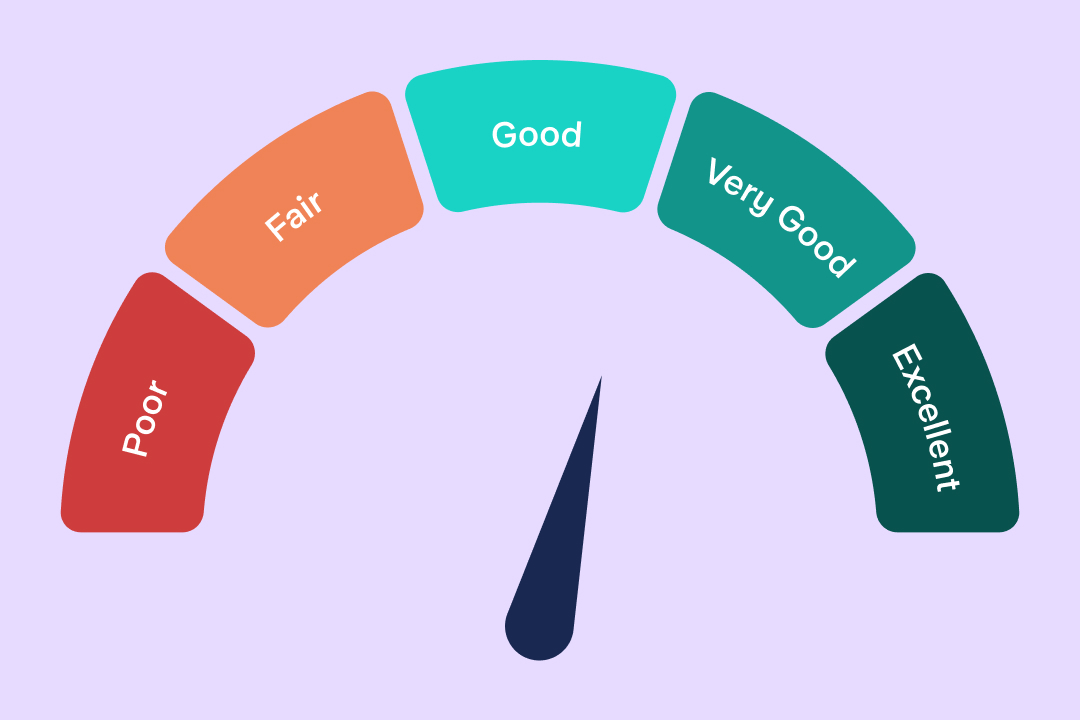
Personal finance
14th March 2024
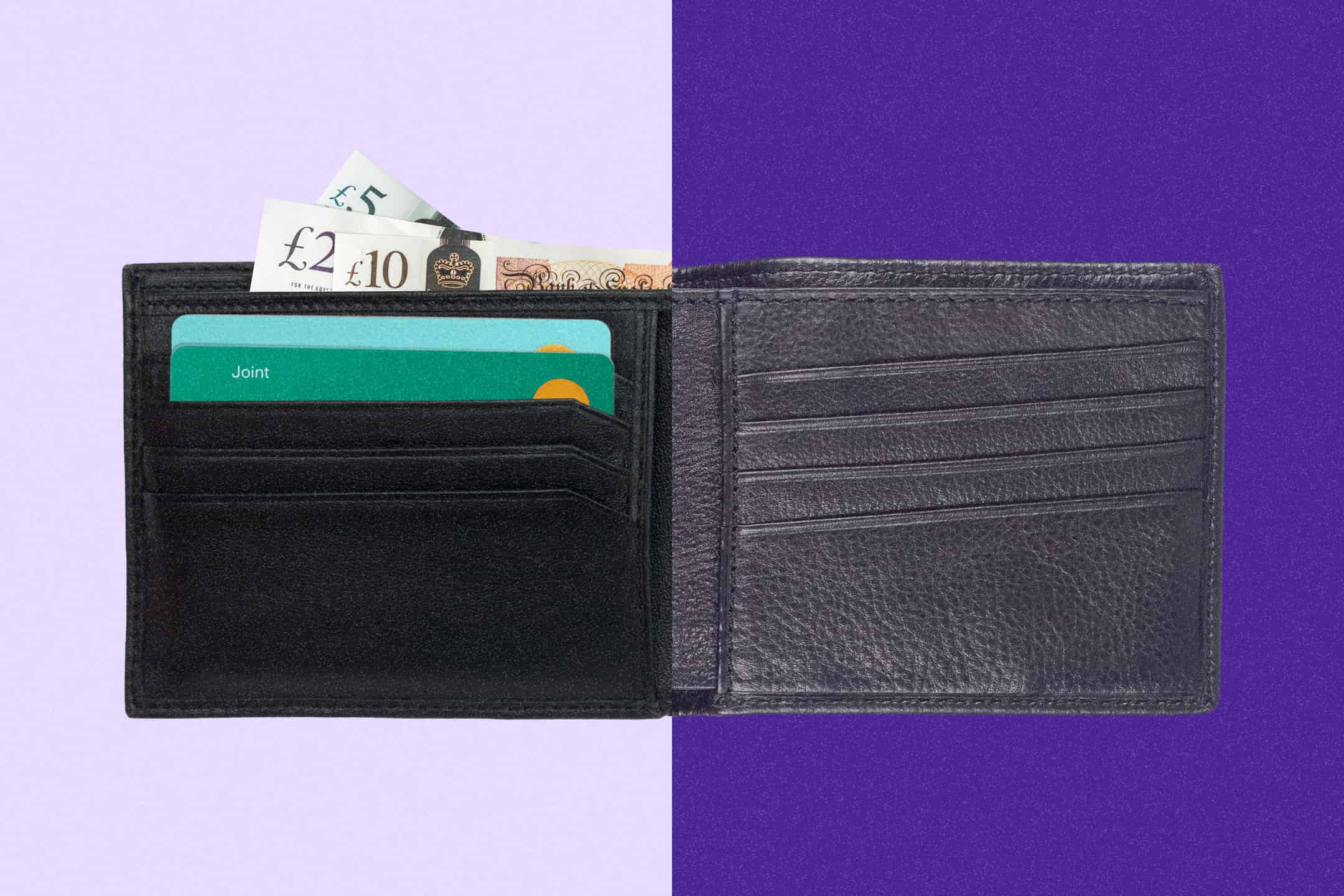
Money Truths
29th May 2025
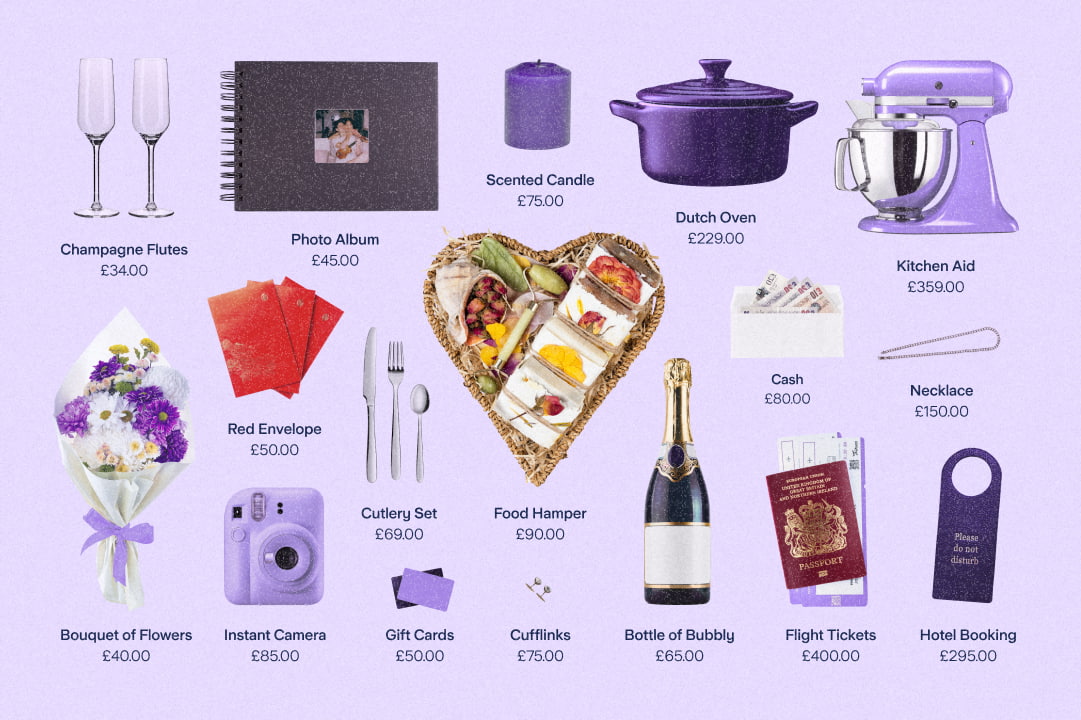
Money Truths
28th May 2025

Money Truths
20th May 2025